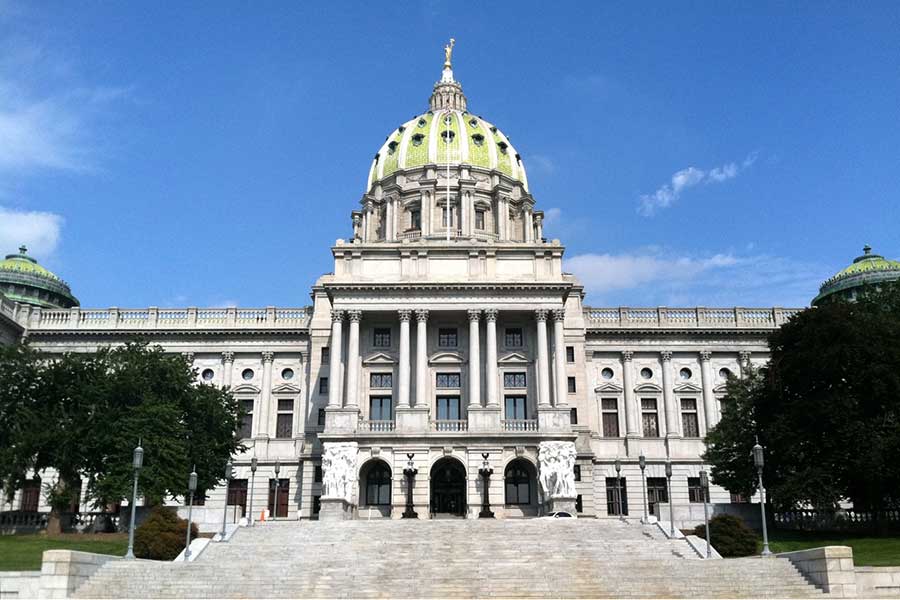The state Senate this week failed to move forward a resolution honoring June as LGBT Pride Month in the typical process followed for other cultural-recognition measures.
State Sen. Sharif Street (D-Third Dist.) submitted the Pride resolution, a version of which hasn’t come before the Senate in at least five years, for unanimous consent — a procedure Street explained is undertaken when a resolution is so “universally respected” that the body lets it proceed forward without a voice vote. That process was rejected, though it’s unclear who in the Senate objected to the motion.
Street on Wednesday submitted the resolution through the regular legislative process; it will be assigned to a committee, which will decide whether or not to bring it to the full Senate for a vote.
“Pride Month has become a cultural staple to so many citizens of Philadelphia and I would assume across the Commonwealth and the country,” Street told PGN this week. “I thought it was appropriate that we recognize Pride Month like we do so many other cultural and historical events.”
The resolution details LGBT historical moments, including a sit-in at Philadelphia’s Dewey’s Lunch Counter and the Annual Reminder marches outside Independence Hall, as well as notes the June 1969 Stonewall Riots as the birth of the modern Pride Month recognition.
The measure concludes by recommending the Senate “recognize June as LGBT Pride Month in celebration of LGBT accomplishment and contributions and a strong recommitment to fighting for LGBT equality throughout all the Commonwealth.”
Unanimous-consent resolutions are extremely common, Street noted.
“These resolutions are adopted on a fairly regular basis, multiple on a session day,” he said. “We’ve had them acknowledging cultural events like St. Patrick’s Day or even Dairy Queen Day; literally, everything you can imagine, we commemorate. It encourages folks to be proud of various attributes that affect them and we’re making sure people feel represented in government. This [Pride resolution] was consistent with that overall theory of how we operate government.”
Pride proclamations have been issued by many Pennsylvania governors, Street noted, going back to Gov. Shapp in the 1970s.
He said he envisioned his resolution could face some pushback, given the Republican majority in the Senate.
“I would love to say I’m shocked but unfortunately I’m not shocked. This is another reminder that the commonwealth has a ways to go in many regards,” Street said, noting the legislature has failed to advance LGBT-inclusive nondiscrimination and hate-crimes bills for years. “Democratic and Republican governors alike for close to 40 years have been supportive, but this [Senate action] is not inconsistent with the behavior of the General Assembly with respect to LGBT rights. It’s consistent with a pattern in the General Assembly, but it’s not indicative of state government overall.”
